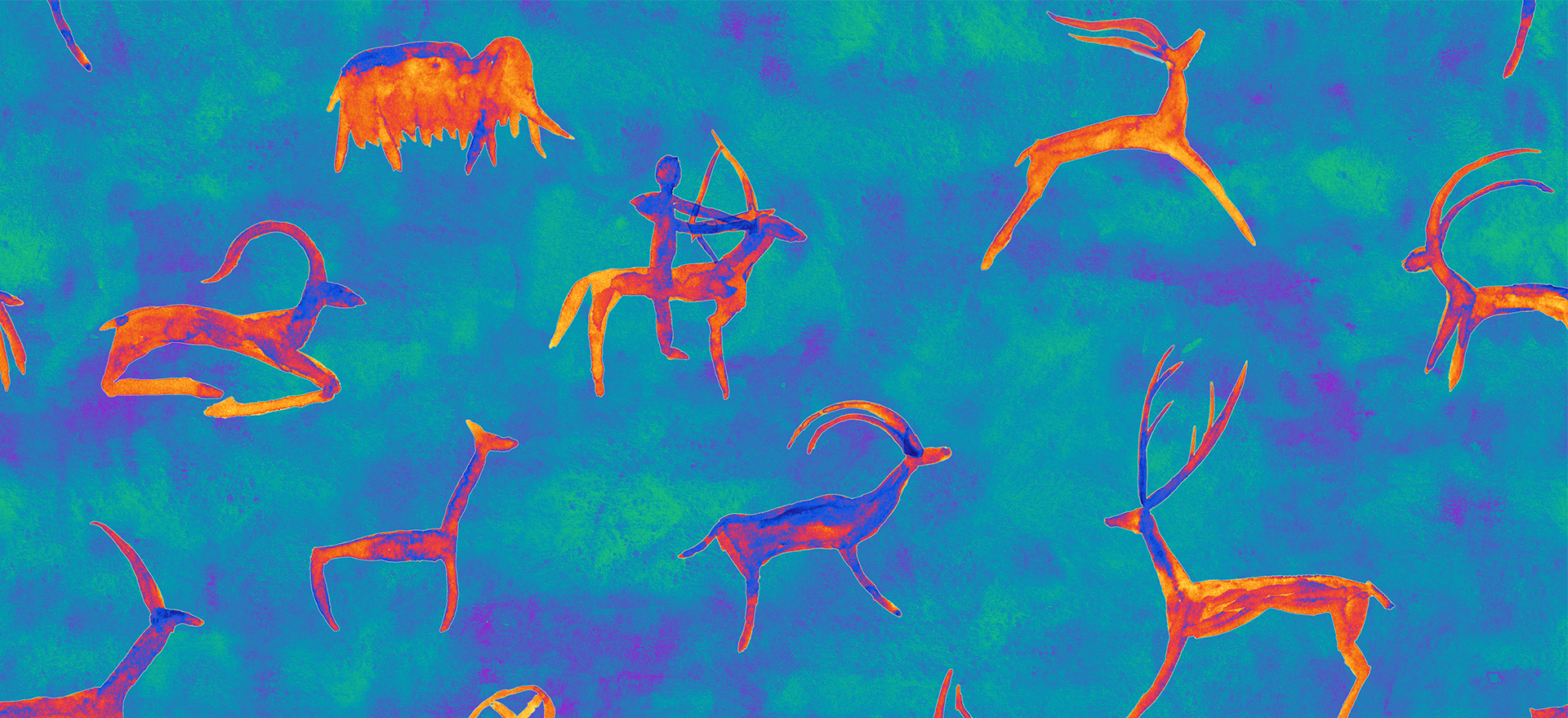How to better prepare for the next pandemic
A healthier world exists at the intersection of animal, human and environmental sectors – and requires greater investment in stronger veterinary services
Thankfully, it is now widely acknowledged that building a healthier, more equitable world requires improved coordination at the intersection between animal, human and environmental sectors, based on the One Health approach.
We know that increased contact and interaction between animals and humans play a critical role in driving disease emergence and spillover. However, sustaining the world’s growing population has led to high levels of intensive animal production, the expansion of crop lands and urban sprawl. These factors, combined with others such as climate change, have heightened the encroachment of humans into natural habitats, displacing animals that had previously lived in isolation and reducing biodiversity. These disruptions to natural ecosystems increase the risk of disease spillover between animals and humans.
During the COVID-19 crisis, weaknesses in our health systems were magnified. How can using a One Health approach help to address such health issues when often it can be challenging to implement? Simply put, the multisectoral and multidisciplinary approach embedded in One Health is the single most efficient way to protect global health. Why? It focuses our actions and investments as much on prevention and preparedness as on response. Moreover, it is an approach that heads of state and government and their ministers have asked us to use in collaboration with all relevant stakeholders.
Investment in building resilient health systems must therefore not neglect the animal health sector and its role in preventing and controlling future pandemics. National veterinary services are central in the surveillance, early detection and control of diseases at the animal source, as are the pharmaceutical industry and the scientific institutes specialised in research and innovation in global health.
Enhanced cross-sectoral work on risk reduction and spillover prevention would enable us to transform our relationship with animals and the environment by seeing our own health through a One Health lens. In doing so, we would save lives and contribute to preserving economies and livelihoods. Thus, all efforts to create an international mechanism to address pandemics must empower decision makers to understand and assess One Health needs and required responses and the investment required for their operationalisation at the national level. Each country and community can play its part by prioritising the development of its veterinary workforce, and by engaging in a coordinated multisectoral approach to manage health threats.
One Health: from theory to practice
The World Organisation for Animal Health (WOAH, founded as OIE) is a key player in helping to prevent animal disease spillover between wild and domestic species and into the human population. Since 1924, it has been at the forefront of collecting and validating disease-related data to inform sanitary decisions. WOAH has a longstanding partnership with human and environmental sector actors with the aim of achieving One Health outcomes.
A case in point is the H5N1 avian influenza crisis in the 2000s, which prompted WOAH and the Food and Agriculture Organization to establish OFFLU, a global network of experts on zoonotic influenza. OFFLU is the cornerstone of the pre-pandemic preparedness effort against human influenza. It identifies the public health risks arising from those influenza viruses circulating in animal populations and advises the World Health Organization on its selection of which virus strains to include in the annual update of human flu vaccines.
WOAH continues to provide animal health expertise on an array of public health challenges, including rabies and antimicrobial resistance. Its longstanding collaboration with FAO and WHO, the Tripartite Alliance, recently welcomed the United Nations Environment Programme to create the Quadripartite Alliance, which will further encourage implementing the One Health approach. It recently drafted a One Health Joint Plan of Action that provides a framework and activities that the four organisations can engage in to advance and sustainably scale up the implementation of coordinated actions.
Sustained high-level political commitment and long-term investment are needed to build resilient One Health systems. The Quadripartite is committed to supporting the deployment of the One Health approach at the national level. In line with the agenda defined by the German presidency, G7 members have the opportunity to use the platform of the Elmau Summit to emphasise the prominent role that veterinary services and animal health systems play in pandemic prevention and preparedness. The outcomes of the summit should in turn advocate for the continued implementation of One Health.
Only through a more inclusive approach to the health challenges we jointly face, as well as through strengthened intergovernmental and international cooperation, will we be able to break from the current paradigm and shape the foundation of a healthier, more equitable world.












